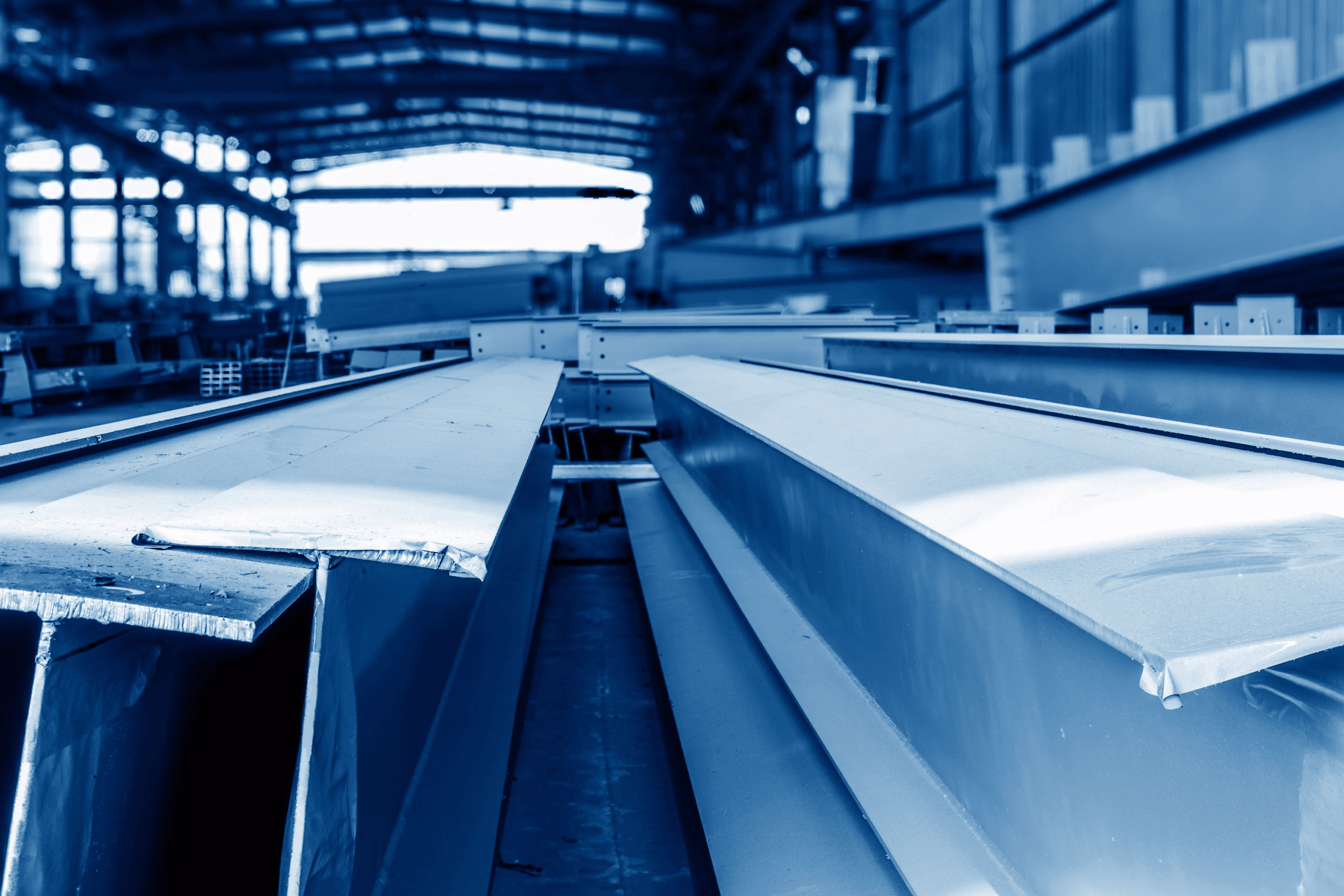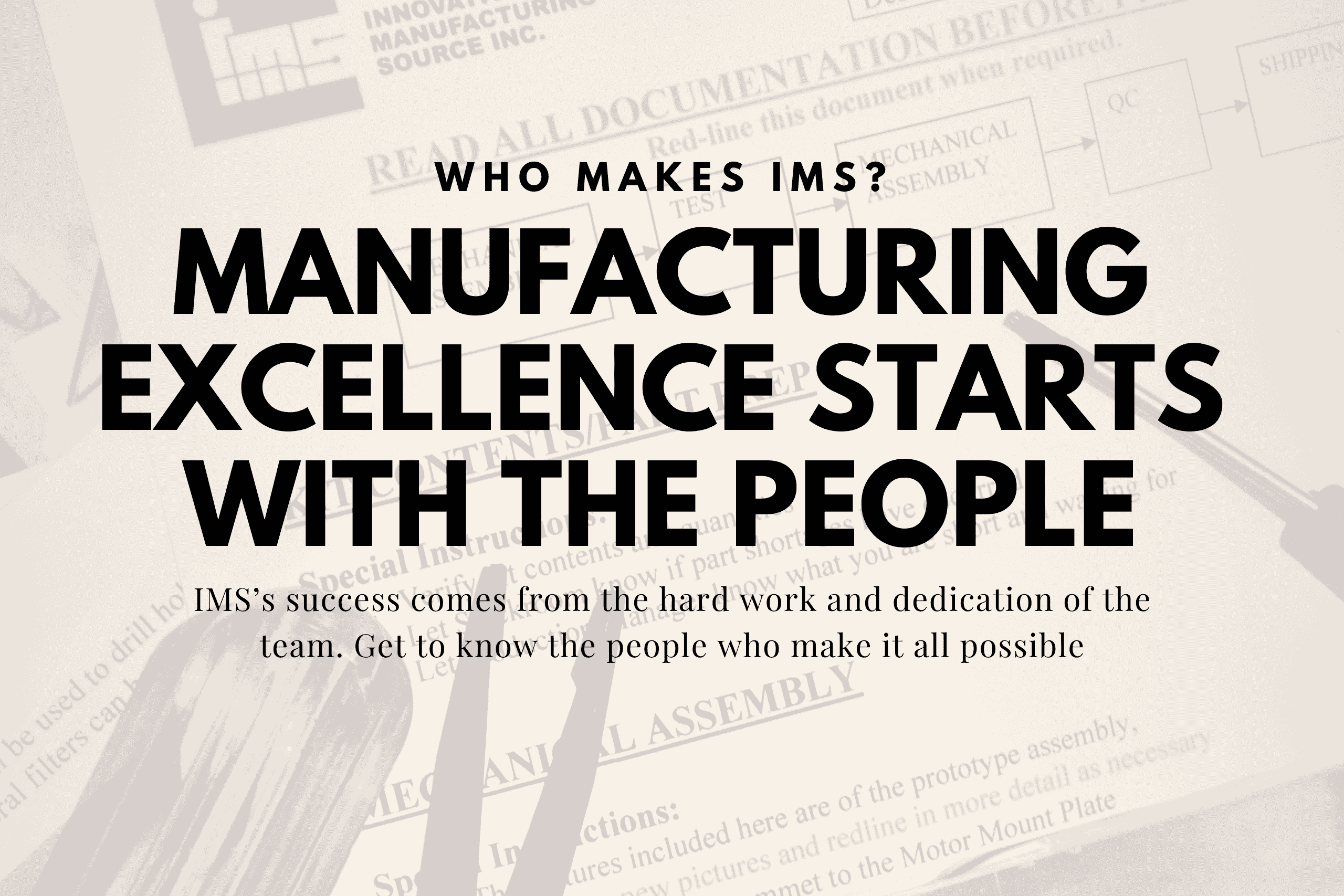Think about the framework that holds up skyscrapers, the wings of an aircraft soaring at 30,000 feet, or the internal components of the latest smartphone in your pocket. What do they all have in common? Each is the result of thoughtful material selection, which is at the heart of successful sheet metal fabrication.
The material you choose affects everything—durability, weight, corrosion resistance, and cost. For industries ranging from aerospace to telecommunications, the right choice can mean the difference between a product that excels and one that falls short. This guide will walk you through the critical factors to consider when selecting the right metals and materials for your next project.
5 Key Factors That Shape Material Selection
When it comes to sheet metal fabrication, choosing the right material isn’t just a technical decision—it’s a strategic one. From strength to appearance, the material impacts everything.
Here are the critical factors that should guide your selection process:
1. Durability: Building for the Long Haul
Different materials offer varying resistance to wear and tear, and your choice can determine the lifespan of your product. Stainless steel, for instance, is a champion of durability, often found in harsh environments like chemical plants and industrial kitchens where robustness is a necessity.
2. Corrosion Resistance: Defending Against the Elements
Exposure to moisture, salt, or chemicals can cause metals to corrode over time. In industries like oil and gas or marine engineering, corrosion-resistant materials like aluminum and stainless steel are non-negotiable to prevent product failure and costly repairs.
3. Weight: When Every Gram Matters
In industries like aerospace and automotive, weight is critical. Materials like aluminum help keep products lightweight without sacrificing strength, contributing to fuel efficiency and improved performance.
4. Cost Efficiency: Balancing Performance and Budget
High-performing materials like titanium offer impressive benefits but come with a steep price tag. For many projects, cold-rolled steel provides the perfect balance between strength, cost, and performance, making it a popular choice for precision applications.
5. Aesthetic and Surface Finish: Looking Good While Working Hard
In some applications, appearance is just as important as function. Materials like satin coat steel and polished stainless steel are often chosen for consumer-facing products, where sleek, corrosion-resistant surfaces make all the difference.
Most Common Materials Used in Sheet Metal Fabrication
The material you choose can make or break a project—literally. Each metal brings unique properties that are critical to different industries, and knowing their strengths is vital for successful fabrication.
Take a look at the most common metals used in sheet metal fabrication and how they’re applied in real-world projects:
1. Aluminum: Light, Strong, and Corrosion-Resistant
Aluminum’s lightweight nature makes it essential for industries where every ounce counts. Its high corrosion resistance is key for marine applications, outdoor enclosures, and transportation equipment, especially where environmental exposure is a concern.
2. Copper: The Power Conductor
Copper is known for its exceptional conductivity and malleability, which makes it indispensable for electrical systems, HVAC units, and telecommunications infrastructure. It’s highly adaptable and durable, ideal for precision forming in these systems.
3. Stainless Steel: The Durability Champion
Stainless steel combines strength and corrosion resistance with the ability to withstand extreme temperatures. It’s a go-to for food processing equipment, medical devices, and industrial machinery where hygiene and durability are non-negotiable.
4. Cold-Rolled Steel: Precision and Strength Combined
Cold-rolled steel is prized for its high strength and smooth surface finish, making it ideal for high-precision industrial equipment and custom enclosures. It’s a top choice when tight tolerances and detailed finishes are crucial, such as in automotive components and structural parts where strength, durability, and a flawless finish matter.
5. Satin Coat Steel: Tough and Weather-Resistant
Featuring a corrosion-resistant coating, satin coat steel is valued for its strength and resilience. It’s crucial in telecommunications enclosures, oil and gas facilities, and industrial control panels where moisture resistance is critical to long-term performance and reliability.
Each metal offers unique properties that influence the success of your project. While material selection is crucial for achieving durability, performance, and cost-effectiveness in sheet metal fabrication, it’s equally important to understand the broader capabilities and limitations of this versatile process. To gain a deeper insight, be sure to check out our detailed guide on the Benefits and Limitations of Sheet Metal Fabrication.
Tailoring Material Choices to Industry Demands
The right material selection can make all the difference when it comes to meeting industry-specific requirements. Each sector places unique demands on materials (whether it’s strength, weight, or corrosion resistance) that directly influence product performance, durability, and cost-efficiency.
→ Aerospace and Defense
In aerospace, every gram counts, making lightweight materials like aluminum indispensable for improving fuel efficiency without compromising safety. Meanwhile, stainless steel is critical in defense applications for its resilience under extreme conditions, offering superior protection for equipment that operates in harsh environments.
→ Telecommunications
In telecommunications, reliability is everything. Copper is a top choice for its conductivity, ensuring efficient signal transmission across networks. Meanwhile, satin coat steel protects sensitive equipment housed in outdoor enclosures, offering robust corrosion resistance to maintain long-term performance in diverse climates.
→ Oil and Gas
The oil and gas industry requires materials that can withstand corrosive and high-pressure environments. Stainless steel is the go-to choice for offshore platforms and drilling equipment, providing both strength and corrosion resistance. Cold-rolled steel also plays a pivotal role in creating precision components that endure heavy-duty operations, such as pipelines and structural supports.
→ Medical Devices
In the medical sector, hygiene and strength go hand-in-hand. Stainless steel is a must for surgical instruments and sterilizable equipment, while copper is utilized for its antimicrobial properties in healthcare settings, ensuring both patient safety and device durability.
→ Automotive
Automakers rely on aluminum for its lightweight nature, improving fuel efficiency in vehicles without sacrificing structural integrity. Cold-rolled steel delivers precision and strength for chassis, body panels, and intricate components that require a high level of durability under constant mechanical stress.
Why Early Material Selection Drives Design Success
Selecting the right material at the start of the design process can make or break your project. It doesn’t just affect the end product—it shapes everything from production efficiency to overall performance and costs.
✓ Improved Product Performance
The right material ensures your product stands up to its environment. Whether it’s corrosion-resistant stainless steel for industrial applications or lightweight aluminum in aerospace, choosing wisely can significantly boost product durability and longevity. This early decision saves both time and money by avoiding the need for mid-project adjustments.
✓ Cost-Efficiency
Waiting too long to decide on materials can lead to expensive reworks and project delays. By evaluating material needs at the outset, you avoid unexpected compatibility issues and production hiccups. Selecting the best balance between performance and cost, like cold-rolled steel for precision without overspending, leads to smarter budgeting and fewer setbacks.
✓ Ease of Fabrication
Some materials are easier to shape, cut, and form, which speeds up production and reduces waste. For instance, copper’s malleability allows for easier forming in complex electrical components, while aluminum’s lightweight nature simplifies handling. Starting with the right material keeps production efficient and minimizes the chances of complications during fabrication.
✓ Environmental Impact
In today’s eco-conscious world, considering recyclable and sustainable materials can reduce your project’s environmental footprint. Metals like aluminum and copper are highly recyclable, making them smart choices for industries that value sustainability. Choosing eco-friendly materials early helps align your project with environmental standards while also appealing to green-minded consumers.
IMS Guides You to the Right Material for Every Project
Material selection can be daunting, but with IMS Electronics Manufacturing by your side, you don’t have to make those decisions alone. Our experience across diverse industries ensures you get the right material, optimized for performance, budget, and production.
Expertise Across Metals
We have decades of expertise working with a wide range of metals, including aluminum, copper, stainless steel, cold-rolled steel, and satin coat steel. Whether you need corrosion resistance for outdoor applications or lightweight solutions for aerospace, we’ve got you covered. Our team knows the ins and outs of each metal, helping you match material properties to the specific demands of your project.
Collaborative Approach
We offer far more than materials—we partner with you throughout the design process. From understanding your project goals to optimizing production for maximum efficiency, our team works closely with you to ensure material choices align with both your technical requirements and budget. Collaboration is at the heart of what we do, ensuring you get more than just a service—you get a dedicated partner committed to your success.
Advanced Technology for Precision and Efficiency
IMS invests in state-of-the-art equipment and advanced manufacturing techniques, which allow us to maximize the benefits of each material. Our precision sheet metal fabrication and forming capabilities ensure that your project not only meets but exceeds quality standards. Whether it’s cutting, shaping, or assembling, our technology guarantees that your material choice performs at its best.
A Solution for Every Industry
We cater to many fields! Our materials and processes are used across multiple sectors, including aerospace, telecommunications, oil and gas, medical devices, and many more. This diversity means we understand the specific demands of your industry and can recommend materials that provide the durability, efficiency, and cost-effectiveness you need.
Crafting Success With the Right Material Choices
Choosing the right material isn’t just one step in the process—it’s the foundation of a successful project. Whether you’re creating precision components for medical devices, building a robust infrastructure for telecommunications, or designing high-performance aerospace parts, material selection directly impacts performance, durability, and cost.
At IMS, we understand that every project is unique, and we provide the expertise, technology, and collaborative approach you need to get the material selection right from the start. With our wide range of metal capabilities and advanced sheet metal fabrication techniques, we help you achieve not just the goals of your project but exceed them.
Ready to take your project to the next level? Contact IMS today for expert guidance on selecting the right materials and optimizing your fabrication process for success.




